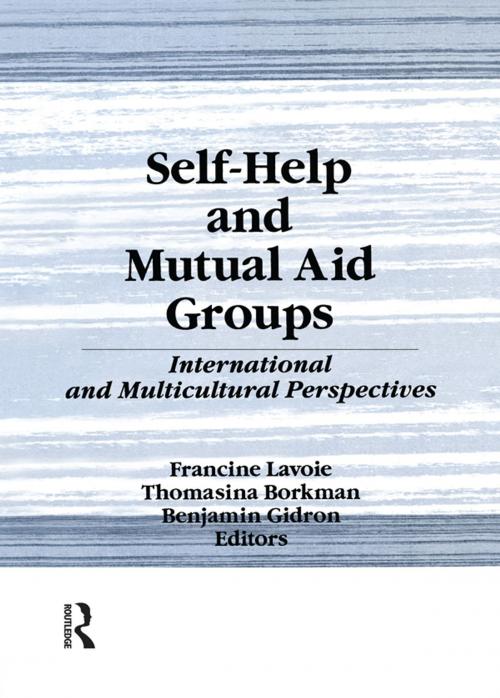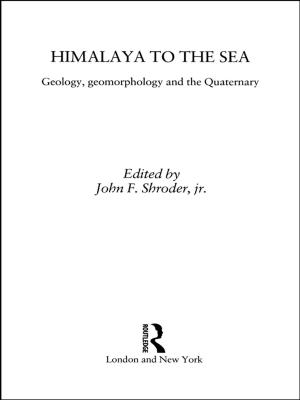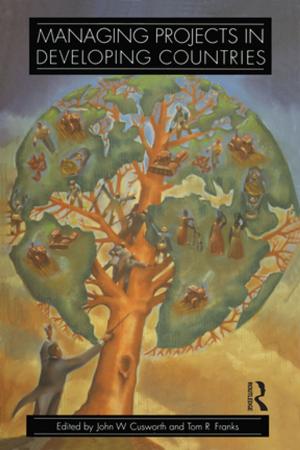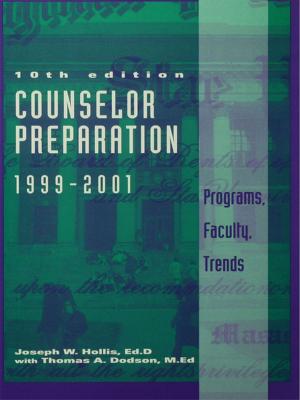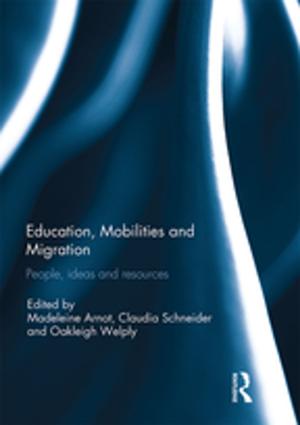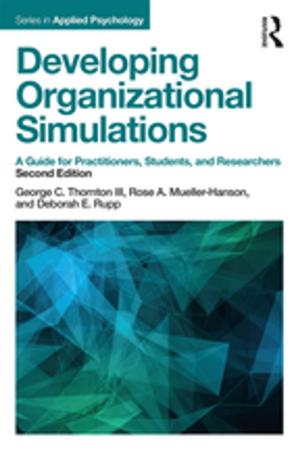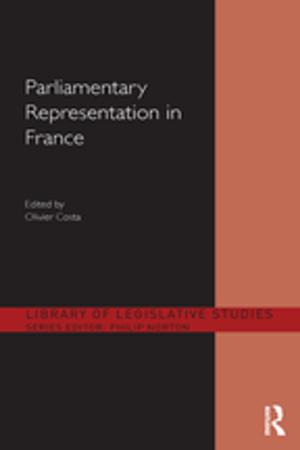Self-Help and Mutual Aid Groups
International and Multicultural Perspectives
Nonfiction, Health & Well Being, Psychology, Counselling, Social & Cultural Studies, Social Science, Cultural Studies, Ethnic Studies, Mental Health| Author: | Francine Lavoie, Benjamin Gidron | ISBN: | 9781317764472 |
| Publisher: | Taylor and Francis | Publication: | January 9, 2014 |
| Imprint: | Routledge | Language: | English |
| Author: | Francine Lavoie, Benjamin Gidron |
| ISBN: | 9781317764472 |
| Publisher: | Taylor and Francis |
| Publication: | January 9, 2014 |
| Imprint: | Routledge |
| Language: | English |
Here is new information on the development of international and intercultural research on self-help groups. This book reflects the many developments which have occurred in the field over the past decade, emphasizing empirical research. Self-Help and Mutual Aid Groups provides specific research findings and honed concepts to help health professionals learn more about self-help groups and work effectively with such groups. More countries and ethnic groups are now involved in the self-help movement, and this volume increases knowledge of how different cultures react to and participate in self-help mutual aid and how self-help groups can be adapted to fit different racial or ethnic populations.
Self-Help and Mutual Aid Groups explores the definition of self-help, the centrality of culture as a major factor explaining variability in self-help, the development of appropriate methodological tools, and the role and involvement of professionals. It brings together different traditions of research for the study of cross- and intercultural and inter- and intraorganizational aspects of self-help groups. Contributors who represent various disciplines, including psychology, sociology, social work, and nursing, discuss:
-
a paradigm for research in self-help
-
the development of self-help groups in Japan, Hong Kong, and the former East Germany
-
the participation of blacks in Alcoholics Anonymous
-
the participation of Mexican Americans in groups for parents of the mentally ill
-
relationships between self-help groups and health professionals
-
predictors of burnout in self-help group leaders
-
characteristics of effective groups
-
ways individuals change their world view through self-help participation
Self-Help and Mutual Aid Groups is an informative and helpful resource for self-help researchers and teachers, students, and professionals who want to be more effective in their work with self-help groups across cultural and national lines.
Here is new information on the development of international and intercultural research on self-help groups. This book reflects the many developments which have occurred in the field over the past decade, emphasizing empirical research. Self-Help and Mutual Aid Groups provides specific research findings and honed concepts to help health professionals learn more about self-help groups and work effectively with such groups. More countries and ethnic groups are now involved in the self-help movement, and this volume increases knowledge of how different cultures react to and participate in self-help mutual aid and how self-help groups can be adapted to fit different racial or ethnic populations.
Self-Help and Mutual Aid Groups explores the definition of self-help, the centrality of culture as a major factor explaining variability in self-help, the development of appropriate methodological tools, and the role and involvement of professionals. It brings together different traditions of research for the study of cross- and intercultural and inter- and intraorganizational aspects of self-help groups. Contributors who represent various disciplines, including psychology, sociology, social work, and nursing, discuss:
-
a paradigm for research in self-help
-
the development of self-help groups in Japan, Hong Kong, and the former East Germany
-
the participation of blacks in Alcoholics Anonymous
-
the participation of Mexican Americans in groups for parents of the mentally ill
-
relationships between self-help groups and health professionals
-
predictors of burnout in self-help group leaders
-
characteristics of effective groups
-
ways individuals change their world view through self-help participation
Self-Help and Mutual Aid Groups is an informative and helpful resource for self-help researchers and teachers, students, and professionals who want to be more effective in their work with self-help groups across cultural and national lines.
